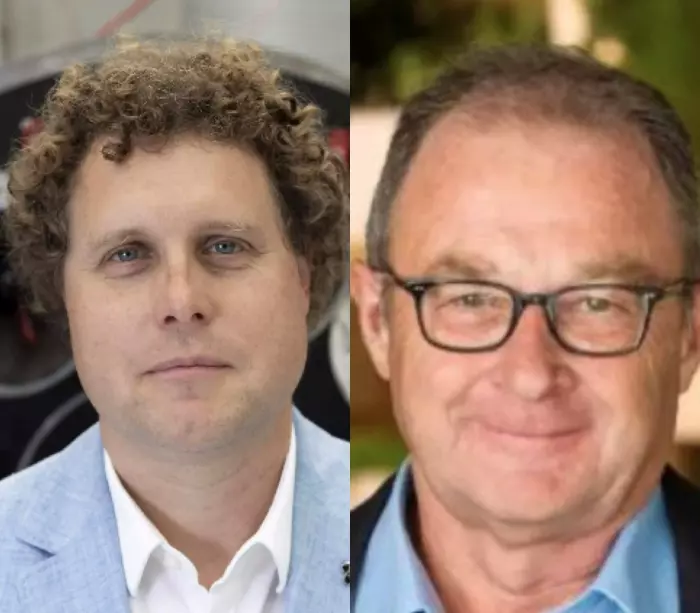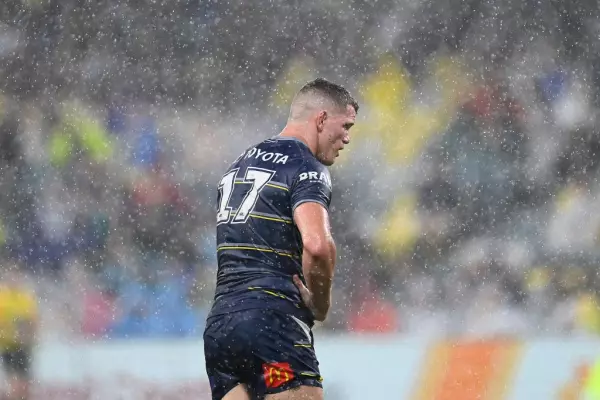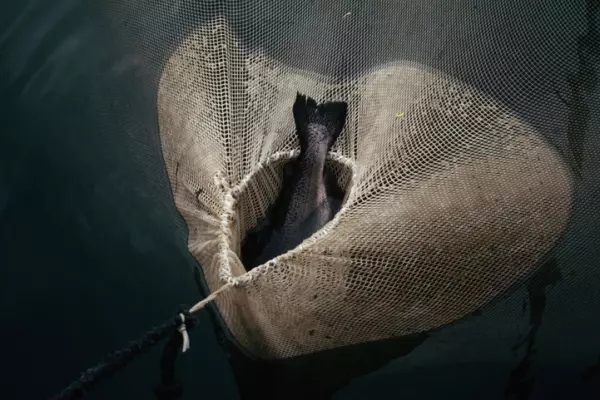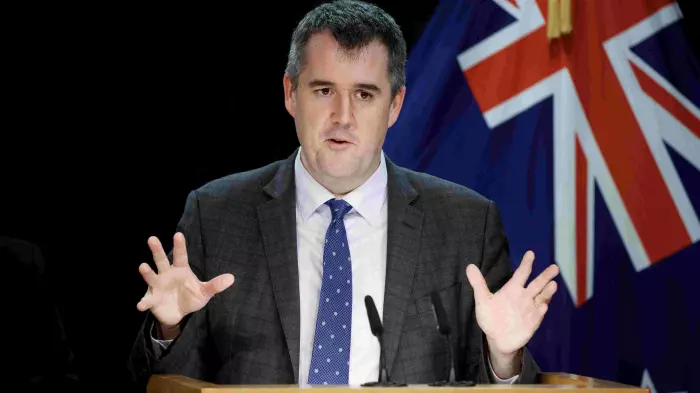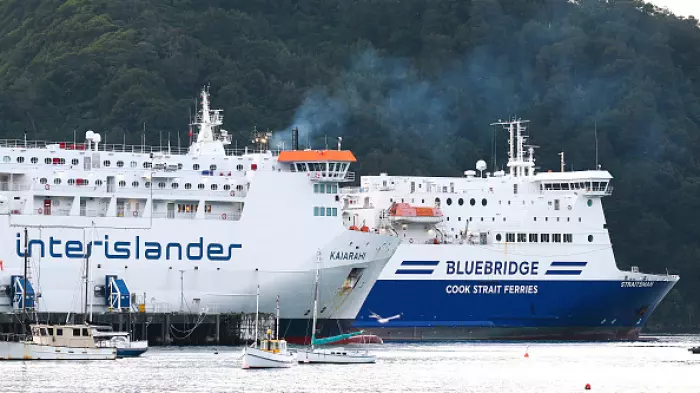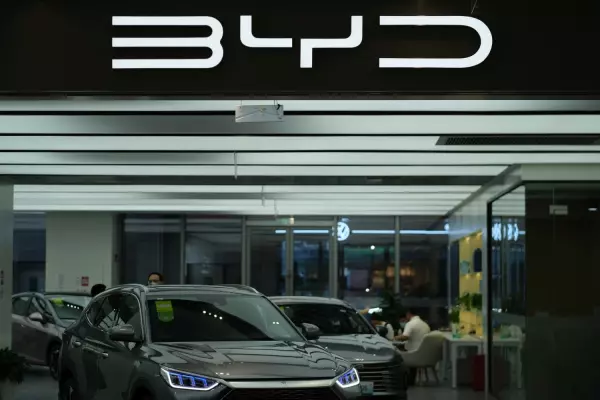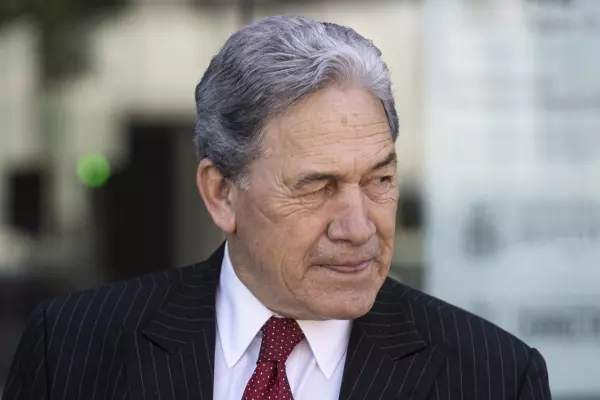As you would expect, there have been several major differences between Rocket Lab's and My Food Bag's initial public offerings.
These differences between IPOs may contribute to future share price movements but the investment performance of the two companies will ultimately depend on their operating results – and whether they underperform or exceed investor expectations.
Money raised
Rocket Lab and My Food Bag have had the following equity raisings:
| Funds raised and allocated | ||||
|---|---|---|---|---|
Allocated | Rocket Lab | My Food Bag | ||
US$m | % | NZ$m | % | |
Company | 688.2 | 87.4% | 40.7 | 12.1% |
Shareholders | 49.7 | 6.4% | 282.5 | 83.7% |
Fees | 49.1 | 6.2% | 14.1 | 4.2% |
Total raised | 787.0 | 100% | 337.4 | 100% |
These figures may be adjusted when further information becomes available.
The big difference between these two IPOs is that 87.4% of Rocket Lab’s equity raisings, which were partially through Vector Acquisitions Corp, went to the company, compared with only 12.1% going to My Food Bag through its IPO process.
The My Food Bag IPO was mainly an exit strategy for existing shareholders, whereas the primary objective of the Rocket Lab IPO was to raise funds to grow the company.
Obviously, Rocket Lab needed to raise more capital because it has a huge research and development programme. On the other hand, My Food Bag has a positive cash flow model as customers pay for their meals before they receive them.
Nevertheless, there was far too much emphasis on existing shareholders in the meal company’s IPO.
Fees as a percentage of money raised was 6.2% for Rocket Lab, compared with 4.2% for My Food Bag, but the latter received only $40.7m after incurring fees of $14.1m.
Existing Rocket Lab and Vector Acquisition shareholders sold US$49.7m worth of shares as follows:
- Rocket lab founder and CEO/CTO Peter Beck, US$30m
- Rocket Lab chief financial officer Adam Spice, US$5m
- Rocket Lab executive vice-president for global operations Shaun O’Donnell, US$5m
- Vector Acquisition shareholders, US$9.7m.
These Vector Acquisition sales represent redemption rights available to shareholders of Special Purpose Acquisition Companies (SPACs) who are opposed to the acquisition being undertaken by their company.
This US$9.7m redemption represents about 3% of the US$320m held in trust from the original Vector capital raising.
Escrows
Escrows or share selling restrictions are a feature of many IPOs, including My Food Bag.
The My Food Bag selling shareholders had 212.8 million shares and they sold 152.7m, or 71.8% of these through the IPO at $1.85 each. The remaining 60.1m shares can’t be sold until the company’s March 2022 year result is announced mid-May next year.
Escrows can help lead managers and underwriters with IPOs but they can be a long-term problem for unsuccessful IPOs, as My Food Bag has been so far.
Large institutional investors are unlikely to be major buyers of My Food Bag shares until the 60.1m escrow shares, representing 24.8% of the company, are released next May.
These 60.1m shares represent a massive market overhang because only 59m My Food Bag shares have traded – 58.5m on the NZX and 0.5m on the ASX – since the company listed in February.
By contrast, Rocket Lab, which has only a small number of restricted shares, has an incentive scheme to encourage existing shareholders to hold their shares.
The proxy statement and prospectus describes the scheme as follows: “If the closing price of New Rocket Lab common stock is equal to or greater than US$20.00 for a period of at least 20 trading days out of 30 consecutive trading days during the period commencing on the 90th day following the closing and ending on the 180th day following the closing, the Rocket Lab Holders will be entitled to receive additional shares of New Rocket Lab common stock equal to 8% of aggregate share consideration."
In other words, if Rocket Lab’s share price is equal to or above US$20 for at least 20 days out 30 consecutive days from about Nov 23, 2021, to Feb 21, 2022, then the original shareholders will receive a bonus equal to 8% of existing shares after adjustments.
It is unclear whether this will encourage original investors to hold their shares, but it is a more sensible scheme than the My Food Bag escrow arrangement where shares representing nearly 25% of a company are released from escrow on the same day.
Employee equity
Last week’s Vector Acquisition Corp meeting, which sanctioned the takeover of Rocket Lab, also approved the following employee option and share schemes:
- The Equity Incentive Plan Proposal. In this, stock options, creating a maximum entitlement of 59,875,000 Rocket Lab shares on conversion, can be partly issued on Jan 1, 2022, and on each subsequent Jan 1. The exercise price of these options shall be not less than 100% of the fair market value of the company’s shares on the date the options are granted.
- The Employee Stock Purchase Plan Proposal. In this, 9,980,000 shares, with options attached, will be offered partly on Jan 1, 2022, and on each subsequent Jan 1. Employees may approve deductions of between 1% and 15% from each pay to fund these share purchases.
Peter Beck recognises the importance of employee share ownership and these option and share purchase schemes are consistent with this belief. His focus is on making Rocket Lab a huge success rather than worrying about diluting his personal shareholding.
There are two other interesting differences between Rocket Lab and My Food Bag:
- Peter Beck sold 5.2% of his shareholding through the IPO while My Food Bag's CEO Kevin Bowler sold 75% of his shares through his company’s IPO.
- Beck’s total remuneration last year was $511,300, compared with Bowler’s $524,800, even though Rocket Lab is a global company and is significantly larger and more complex than My Food Bag.
Nasdaq listing
Rocket Lab listed on the Nasdaq on Wednesday after changing its name from Vector Acquisition Corp to Rocket Lab.
Its share price traded down from US$11.57 on Tuesday, when it was Vector Acquisition, to $10.43 on Wednesday and to $9.96 at the close on Thursday New York time.
This US$9.96 share price compares with the issue of 78.7m Vector Acquisition and Rocket Lab shares at US$10 each, which raised a gross US$787m through the listing process.
Rocket Lab is well set up for the future because it has about US$688m of cash and a total cash burn projection of US$160m over the next few years before it's projected to be cash positive in 2024.
This cash burn figure may be too low, but there is a huge buffer between the company’s US$688m cash position and its anticipated cash burn.
Rocket Lab shareholders will have interesting times ahead with the first important announcement on the morning of Sept 9, NZ time, when the company releases its June quarter results with updated financial figures.
At least five Electron rocket launches, carrying important satellite facilities, are planned for Māhia before the end of the year and the first Photon rocket is expected to be delivered from Varda Space Industries in the first quarter of 2023.
Buckle up for the exciting high-risk rides ahead.
Disclosure of interests; Brian Gaynor is non-executive director of Content Limited, the publisher of BusinessDesk, and of Milford Asset Management.


